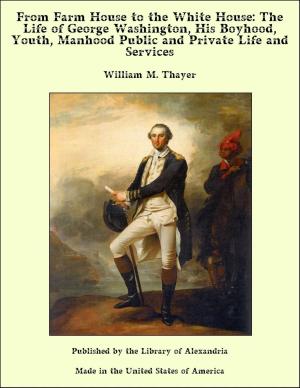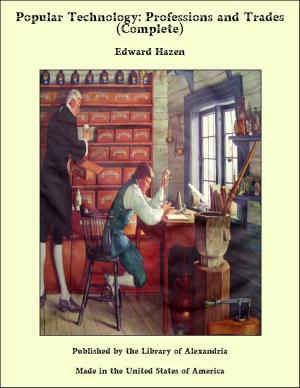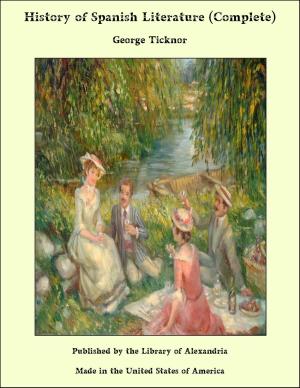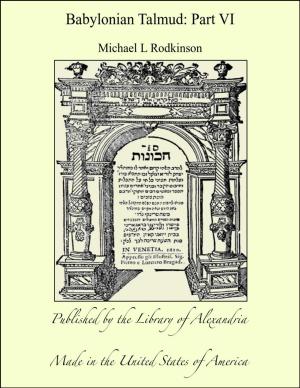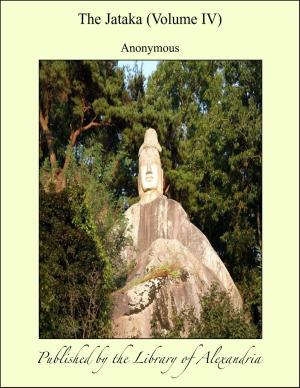| Author: | Calvin Elliott | ISBN: | 9781465500243 |
| Publisher: | Library of Alexandria | Publication: | March 8, 2015 |
| Imprint: | Language: | English |
| Author: | Calvin Elliott |
| ISBN: | 9781465500243 |
| Publisher: | Library of Alexandria |
| Publication: | March 8, 2015 |
| Imprint: | |
| Language: | English |
In the evolution of the English language, since the making of our King James version of the Bible, many new words have been introduced, and many old ones have changed their meanings. In the nearly three hundred years the Saxon word “let,” to hinder, has become obsolete. It was in common use and well understood when the version was made, but is now misleading. Thus we have in Isaiah 43:13: “I will work and who will let (hinder) it?” Paul declared that he purposed to go to Rome, “but was let (hindered) hitherto.” Rom. 1:13. Again we have in II Thess. 2:7: “Only he who now letteth (hindereth) will let (hinder), until he be taken out of the way.” “Wot,” to know, has become obsolete. Gen. 21:26: “I wot (know) not who hath done this thing.” Ex. 32:1: “As for this Moses, we wot (know) not what hath become of him.” Acts 3:17: “I wot (know) that through ignorance ye did it
In the evolution of the English language, since the making of our King James version of the Bible, many new words have been introduced, and many old ones have changed their meanings. In the nearly three hundred years the Saxon word “let,” to hinder, has become obsolete. It was in common use and well understood when the version was made, but is now misleading. Thus we have in Isaiah 43:13: “I will work and who will let (hinder) it?” Paul declared that he purposed to go to Rome, “but was let (hindered) hitherto.” Rom. 1:13. Again we have in II Thess. 2:7: “Only he who now letteth (hindereth) will let (hinder), until he be taken out of the way.” “Wot,” to know, has become obsolete. Gen. 21:26: “I wot (know) not who hath done this thing.” Ex. 32:1: “As for this Moses, we wot (know) not what hath become of him.” Acts 3:17: “I wot (know) that through ignorance ye did it


